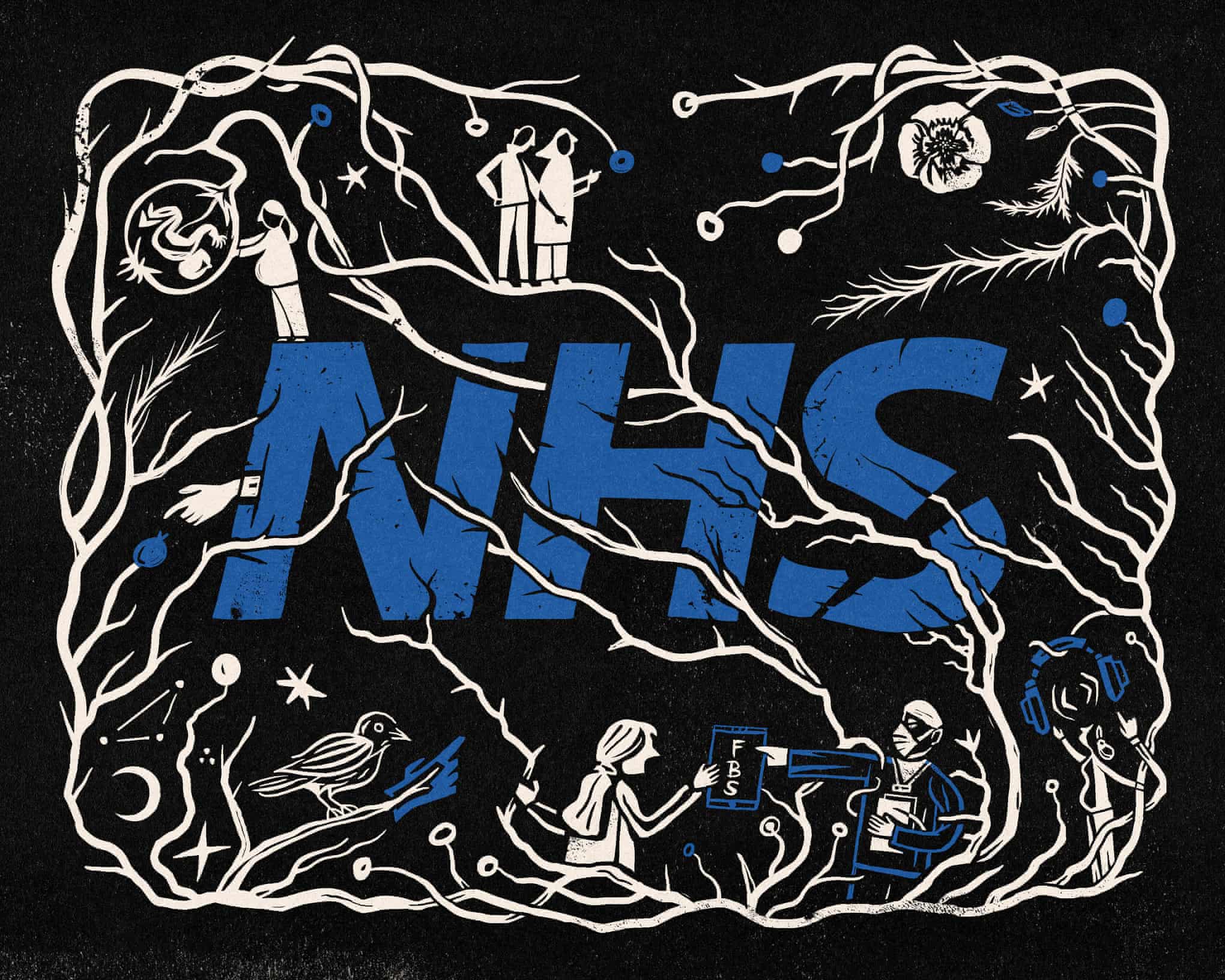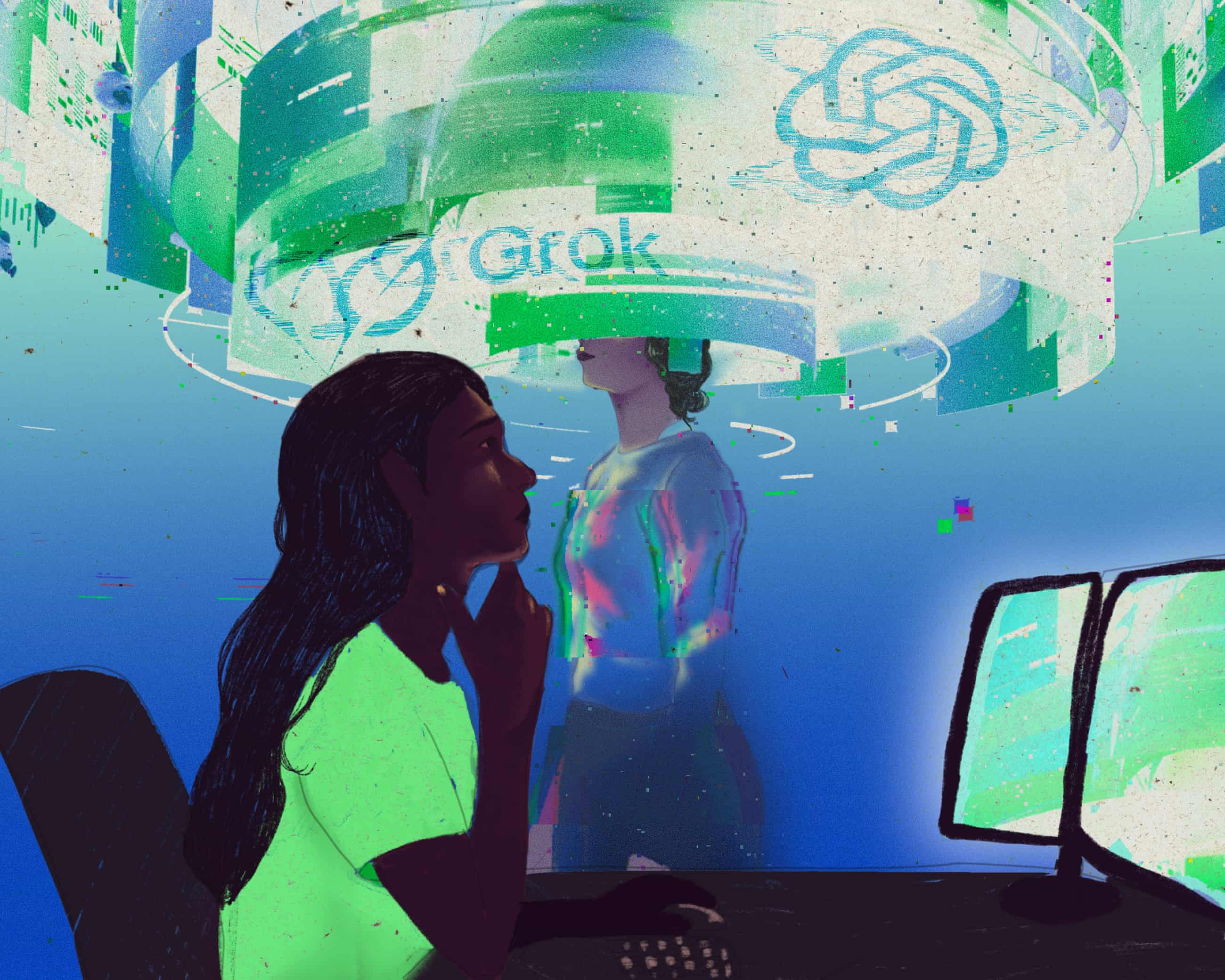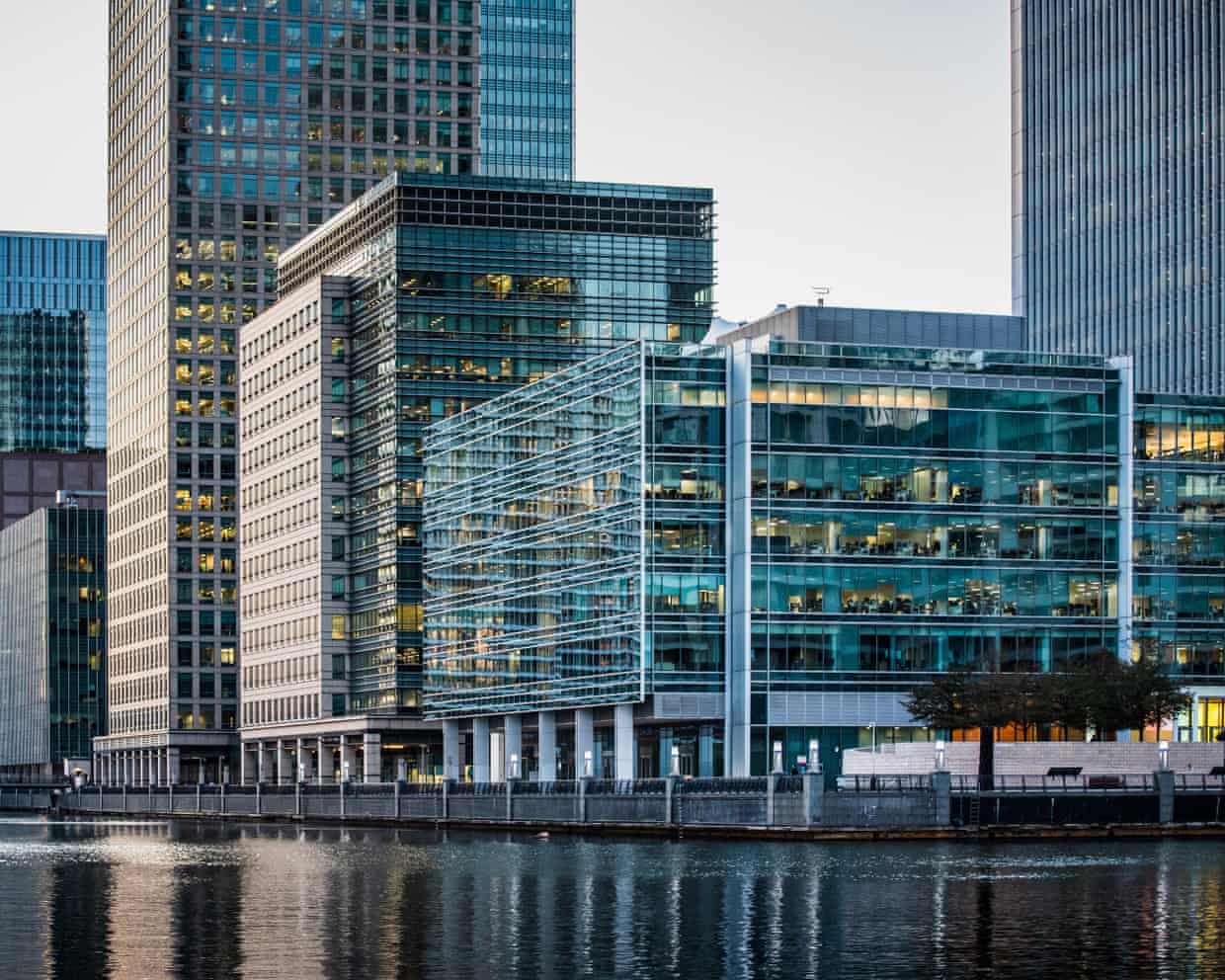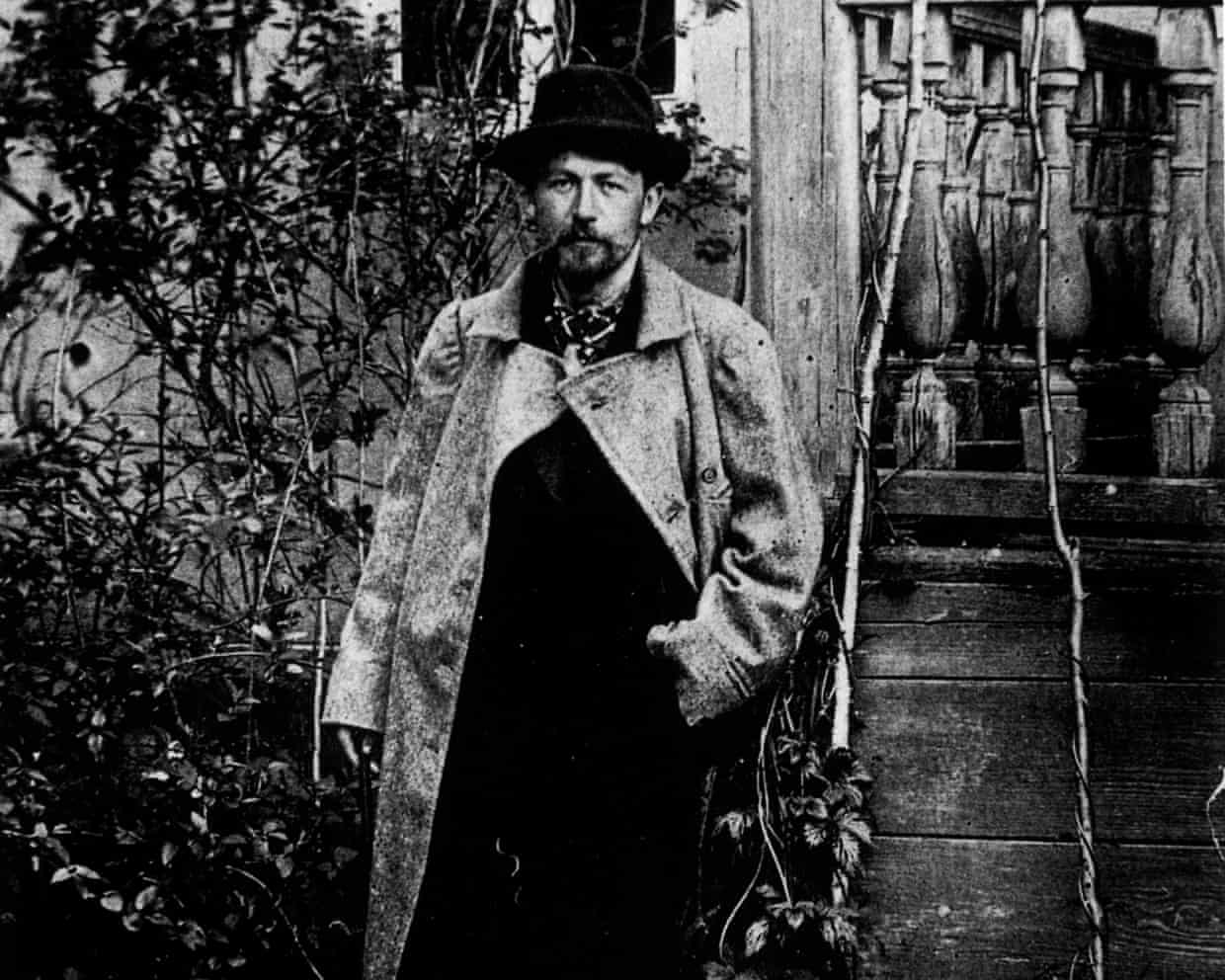NHS directed pregnant women to controversial Free Birth Society via charity

Exclusive: NHS websites pointed women to factsheet featuring podcast by ‘dangerous’ influencers linked to baby deaths Full story: How the FBS is linked to baby deaths around the worldThe NHS has been directing pregnant women to a website that connected them to the Free Birth Society, an organisation that has been linked to baby deaths around the world after promoting labour without medical support,A number of NHS trusts are directing women who are contemplating a “free birth” to a charity website that until Monday referred to FBS podcasts as a source of “empowering stories” that can help British women “preparing for their own birth”,It contained a link to the FBS podcast, which medical experts warn is being used to radicalise women with misinformation,FBS advocates an extreme version of free birth, otherwise known as unassisted birth,It advises mothers not to use doctors or midwives and suggests they avoid pregnancy scans.
The multimillion-dollar business, run by former doulas Emilee Saldaya and Yolande Norris Clark, has a successful podcast, Instagram following, festival and online schools for birth attendants.The prevalence of freebirthing is low in the UK, but is believed to be on the rise, fuelled in part by distrust of maternity services and fears of an overly medicalised approach to birth.However, experts have warned that many FBS claims are at odds with evidence-based medical advice.Saldaya and Norris-Clark have described medical attempts at newborn resuscitation as a form of “sabotage”, and claimed that doctors and midwives often sexually assault women in hospitals.On Saturday, an investigation by the Guardian identified 48 cases of late-term stillbirths or neonatal deaths or other forms of serious harm involving mothers or birth attendants who appear to have been linked to FBS.
In 18 of those cases, there is evidence FBS played a significant role in the mother or birth attendant’s decision-making, leading to potentially avoidable tragedies.Now the Guardian can reveal how the NHS has been directing women towards FBS content recommended by the Association for Improvements in the Maternity Services (Aims), a charity that campaigns on UK maternity care.Until this summer, the NHS web page entitled “Where to give birth: the options” directed women considering unassisted birth to a factsheet from Aims.When women clicked on the link, the factsheet recommended the FBS podcast.“The Freebirth Society is a US-based network for women who want to freebirth,” the factsheet states.
“They advocate a non-medical approach to childbirth which some people may find extreme and unpalatable,However, within their podcasts there are empowering stories of unassisted births which many UK freebirthing women have found helpful when preparing for their own,”While the link to the Aims factsheet was quietly removed from the NHS web page in August, online patient information leaflets distributed by several NHS trusts, including Cambridge, Gloucestershire hospitals and East and North Hertfordshire, continue to direct women to the Aims factsheet recommending FBS,After it was contacted for comment by the Guardian on Monday, Aims removed the FBS podcast references from its online factsheet,A spokesperson said: “We were not aware of the serious concerns now associated with FBS, and we have now removed the reference and link from our website.
”They said Aims “never recommended or referred” women to FBS, saying the podcast was listed on its factsheet “as an example of material some freebirthing women were using, not as advice or endorsement”.A spokesperson for the NHS said: “The NHS does not endorse this society [FBS], or its ideology which could harm women.”Kenga Sivarajah, a lead obstetrician at King’s College hospital, in London, one of several experts who reviewed FBS materials for the Guardian, said that some of the information it provides women is “dangerous and harmful … so for the NHS to direct people towards that is very shocking”.Amid growing concerns about the standard of care in UK maternity services, a small but growing number of British women are believed to be disengaging from professional services to choose alternatives such as free birth.A 2024 study by Robert Gordon University, in Aberdeen, found that “a quest for a safer birth” was a key factor influencing women’s decisions to freebirth, as was their “mistrust of institutional midwifery”.
In September 2025, the Nursing and Midwifery Council published a survey of women choosing free birth.It found that 142 free births were recorded between 1 April 2023 and 31 March 2024 by 47 NHS trusts.This is likely to be a significant underestimate because not all trusts collect data on free births, and many women do not report their intention to freebirth to healthcare professionals.While the sample was too small to draw wider conclusions, 65% of the women surveyed said their births went smoothly, without any need for medical intervention.Just 3% of the women surveyed reported trauma or mental health concerns after their freebirths.
The NMC data also found there was one stillbirth and two neonatal deaths out of the 142 reported free births, although no information was provided about the circumstances of those deaths.Some women choosing free birth will have previously experienced substandard care in NHS hospitals.According to the Care Quality Commission, which regulates NHS trusts, safety levels in almost two thirds of English hospitals’ maternity services are either inadequate (18%) or require improvement (47%).In 2024, the birth trauma inquiry, led by the then Conservative MP Theo Clarke, received submissions from more than 1,300 women who had experienced traumatic births in the NHS.“Although freebirthing is a first choice for a few, for most it seems to be a ‘least worst’ option,” said Prof Soo Downe, a senior British midwife at the University of Lancashire.
Researchers also point to the mass closure of home birth services in the UK during the pandemic as a factor pushing women towards free births.“Post-Covid, services haven’t recovered,” said Dr Claire Feeley, a senior lecturer in midwifery at King’s College London, explaining that women were sometimes choosing free birth as a “back-up plan” because they did not wish to give birth in hospital.“What my colleagues tell me is that in areas which are doing really well with their home birth teams, there’s hardly any freebirthing,” she added.In its statement, the NHS said that while it was a legal right for women to choose an unassisted birth in England, “we strongly recommend accessing trained healthcare professionals to ensure the safety and wellbeing of both mother and baby – and if do you go down this route, you can change your mind at any time during pregnancy – including during labour”.FBS did not respond to requests for comment about the Guardian’s investigation.
Following publication of the article on Saturday, Saldaya posted a statement on Instagram criticising “propaganda on mainstream news”.“This is what it means to be a disruptor,” she said.“They will try to discredit you.They will lie about you.They will attempt to silence what they don’t understand.
”An FBS disclaimer published in May said its content was for “educational and informational” purposes and not intended to diagnose, treat, cure or prevent any medical condition related to pregnancy or birth,“For medical advice, consult your healthcare provider,” it added,The Birth Keepers, a multi-part Guardian podcast series investigating the Free Birth Society, is released in December,(Subscribe now to The Guardian Investigates feed,)

One in four unconcerned by sexual deepfakes created without consent, survey finds
One in four people think there is nothing wrong with creating and sharing sexual deepfakes, or they feel neutral about it, even when the person depicted has not consented, according to a police-commissioned survey.The findings prompted a senior police officer to warn that the use of AI is accelerating an epidemic in violence against women and girls (VAWG), and that technology companies are complicit in this abuse.The survey of 1,700 people commissioned by the office of the police chief scientific adviser found 13% felt there was nothing wrong with creating and sharing sexual or intimate deepfakes – digitally altered content made using AI without consent.A further 12% felt neutral about the moral and legal acceptability of making and sharing such deepfakes.Det Ch Supt Claire Hammond, from the national centre for VAWG and public protection, reminded the public that “sharing intimate images of someone without their consent, whether they are real images or not, is deeply violating”

Can’t tech a joke: AI does not understand puns, study finds
Comedians who rely on clever wordplay and writers of witty headlines can rest a little easier, for the moment at least, research on AI suggests.Experts from universities in the UK and Italy have been investigating whether large language models (LLMs) understand puns – and found them wanting.The team from Cardiff University, in south Wales, and Ca’ Foscari University of Venice concluded that LLMs were able to spot the structure of a pun but did not really get the joke.An example they tested was: “I used to be a comedian, but my life became a joke.” If they replaced this with: “I used to be a comedian, but my life became chaotic,” LLMs still tended to perceive the presence of a pun

Civil liberties groups call for inquiry into UK data protection watchdog
Dozens of civil liberties campaigners and legal professionals are calling for an inquiry into the UK’s data protection watchdog, after what they describe as “a collapse in enforcement activity” after the scandal of the Afghan data breach.A total of 73 academics, senior lawyers, data protection experts and organisations including Statewatch and the Good Law Project, have written a letter to Chi Onwurah, the chair of the cross-party Commons science, innovation and technology committee, coordinated by Open Rights Group, calling for an inquiry to be held into the office of the information commissioner, John Edwards.“We are concerned about the collapse in enforcement activity by the Information Commissioner’s Office, which culminated in the decision to not formally investigate the Ministry of Defence (MoD) following the Afghan data breach,” the signatories state. They warn of “deeper structural failures” beyond that data breach.The Afghan data breach was a particularly serious leak of information relating to individual Afghans who worked with British forces before the Taliban seized control of the country in August 2021

Meet the AI workers who tell their friends and family to stay away from AI
When the people making AI seem trustworthy are the ones who trust it the least, it shows that incentives for speed are overtaking safety, experts sayKrista Pawloski remembers the single defining moment that shaped her opinion on the ethics of artificial intelligence. As an AI worker on Amazon Mechanical Turk – a marketplace that allows companies to hire workers to perform tasks like entering data or matching an AI prompt with its output – Pawloski spends her time moderating and assessing the quality of AI-generated text, images and videos, as well as some factchecking.Roughly two years ago, while working from home at her dining room table, she took up a job designating tweets as racist or not. When she was presented with a tweet that read “Listen to that mooncricket sing”, she almost clicked on the “no” button before deciding to check the meaning of the word “mooncricket”, which, to her surprise, was a racial slur against Black Americans.“I sat there considering how many times I may have made the same mistake and not caught myself,” said Pawloski

Bro boost: women say their LinkedIn traffic increases if they pretend to be men
Do your LinkedIn followers consider you a “thought leader”? Do hordes of commenters applaud your tips on how to “scale” your startup? Do recruiters slide into your DMs to “explore potential synergies”?If not, it could be because you’re not a man.Dozens of women joined a collective LinkedIn experiment this week after a series of viral posts suggested that, for some, changing their gender to “male” boosted their visibility on the network.Others rewrote their profiles to be, as they put it, “bro-coded” – inserting action-oriented online business buzzwords such as “drive”, “transform” and “accelerate”. Anecdotally, their visibility also increased.The uptick in engagement has led some to speculate that an in-built sexism in LinkedIn’s algorithm means that men who speak in online business jargon are more visible on its platform

Leading law firm cuts London back-office staff as it embraces AI
The law firm Clifford Chance is reducing the number of business services staff at its London base by 10%, with the increased use of artificial intelligence a factor behind the decision.The head of PwC has also indicated that AI may lead to fewer workers being hired at the accountancy and consulting group.Clifford Chance, one of the largest international law firms, is making about 50 roles redundant in areas such as finance, HR and IT with role changes for up to 35 other jobs, according to the Financial Times, which first reported the cuts.Greater use of AI and reduced demand for some business services are behind the cuts, the FT report said, as well as more work being done at offices outside Clifford Chance’s main UK-US operations, in countries such as Poland and India.A spokesperson for Clifford Chance said: “In line with our strategy to strengthen our operations, we can confirm we are proposing changes to some of our London-based business professional functions

‘He was just trying to earn a few kopecks’: how newly translated stories reveal Chekhov’s silly side

From Wicked: For Good to Stranger Things: your complete entertainment guide to the week ahead

Kristen Bell and Brian Cox among actors shocked they’re attached to Fox News podcast

The Guide #218: For gen Zers like me, YouTube isn’t an app or a website – it’s the backdrop to our waking lives

Stephen Colbert on Trump v Epstein files: ‘Fighting tooth and cankle’

After 10 years talking to knights, squires and wizards, I understand why ren fairs are booming